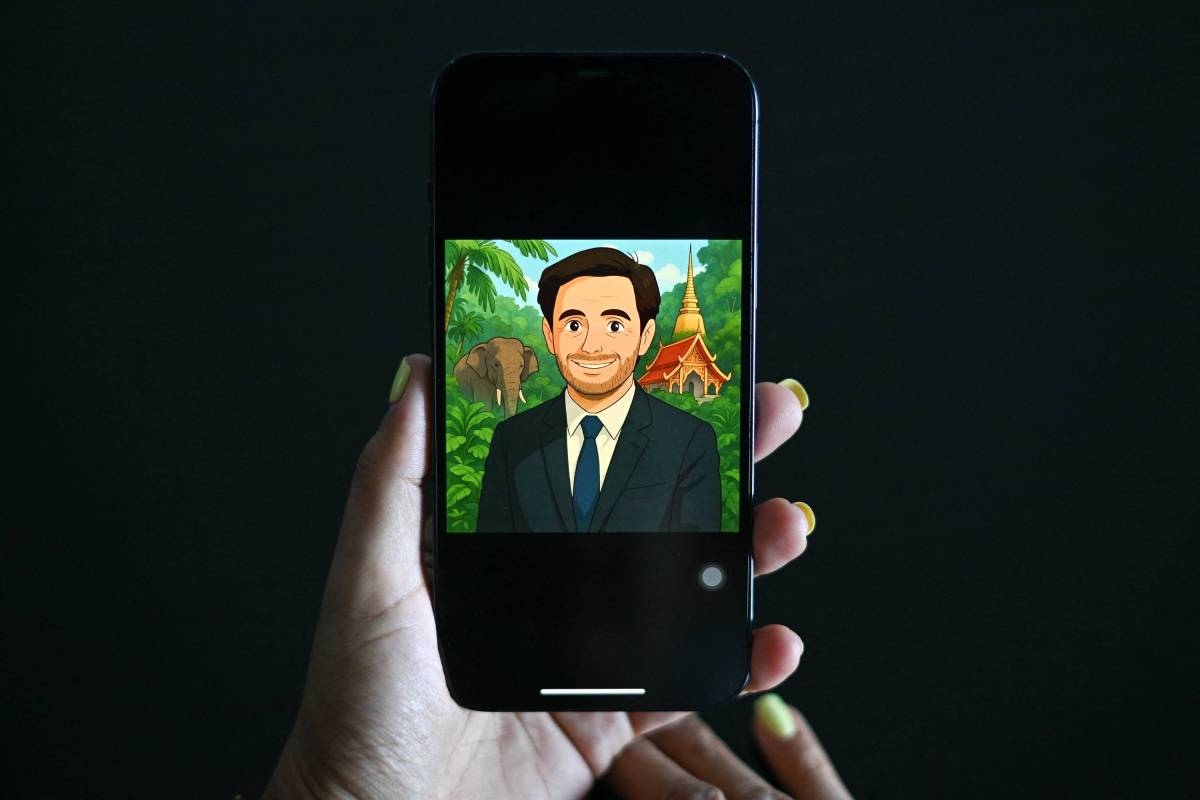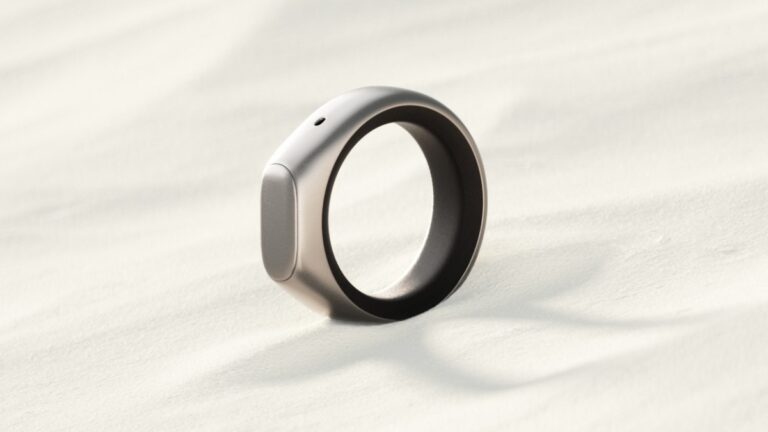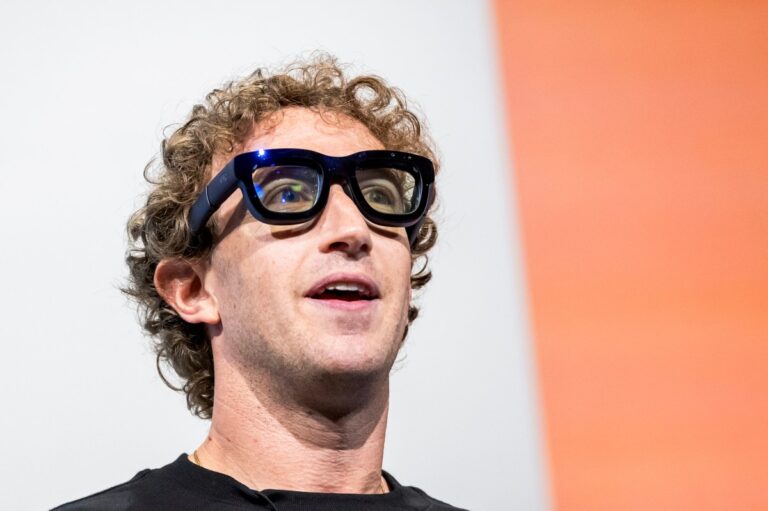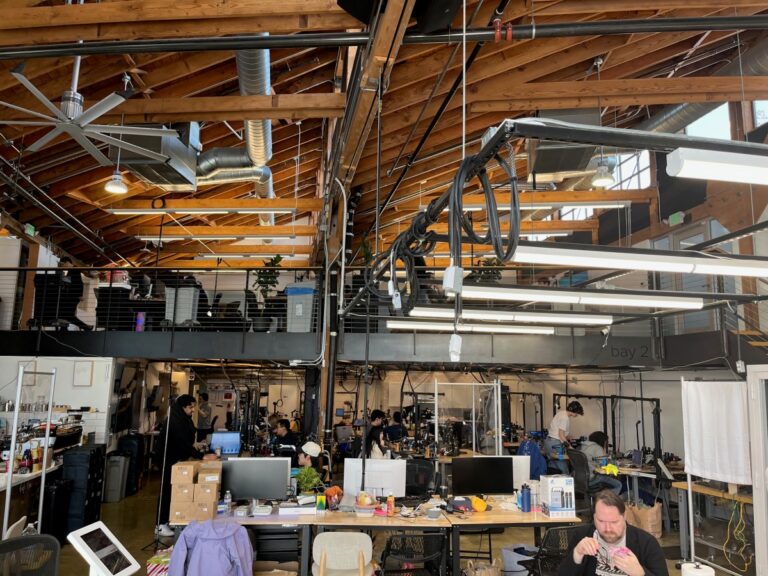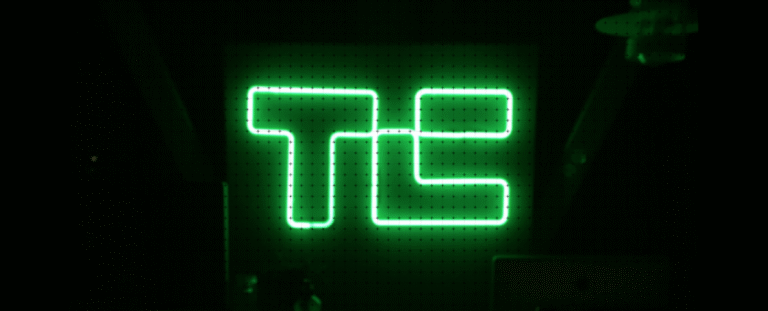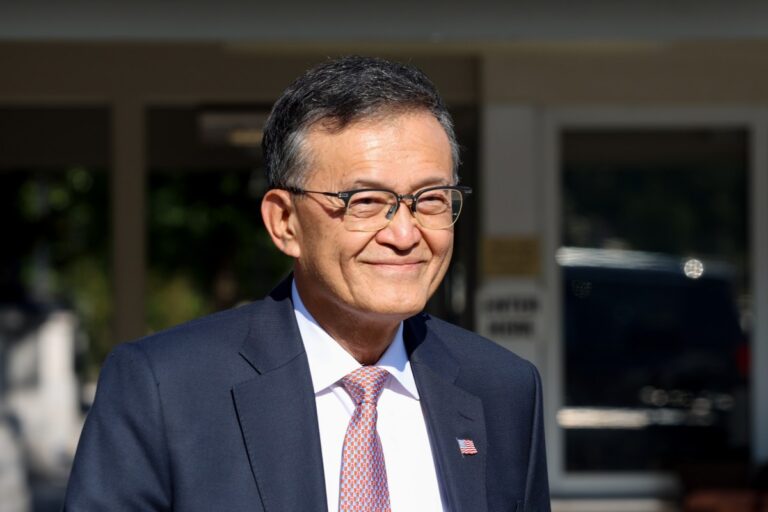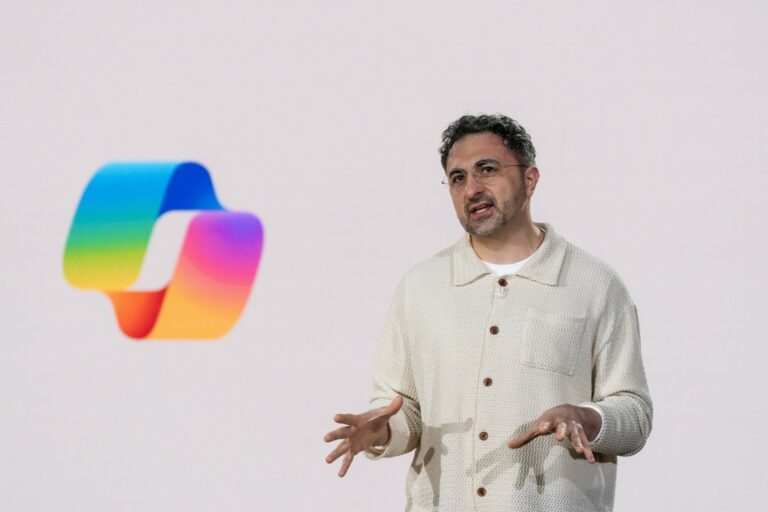Japanese Publishers Demand OpenAI Cease Unauthorized Use of Their Works
In a significant move, the Content Overseas Distribution Association (CODA), representing renowned Japanese publishers including Studio Ghibli, recently reached out to OpenAI, calling for an immediate halt to training its AI models on their copyrighted materials without explicit consent. The request follows increasing concerns regarding the unauthorized use of intellectual property, particularly given the popularity of generative AI products like ChatGPT and the recently launched Sora app.
Studio Ghibli, famous for beloved films such as “Spirited Away” and “My Neighbor Totoro,” has witnessed a surge in AI-driven content emulating its distinct style. Notably, even OpenAI CEO Sam Altman engaged in this trend, sharing a “Ghiblified” version of his profile picture on social media.
As more users explore OpenAI’s Sora app, which generates videos and other multimedia, CODA’s request highlights the organization’s apprehension about the use of copyrighted works for machine learning without proper authorization.
Key points regarding this situation include:
– OpenAI’s practice often leans towards utilizing copyrighted materials and seeking forgiveness post-use, sparking discontent among various content creators, including entities like Nintendo and the estate of Dr. Martin Luther King Jr.
– Current U.S. law lacks clarity on the illegality of using copyrighted works for AI training, evidenced by a recent court ruling that did not penalize Anthropic for training its AI on copyrighted texts, despite a fine for illegally pirating those works.
– Under Japanese law, CODA contends that unauthorized replication during the machine learning process likely constitutes copyright infringement, stressing the need for prior consent.
While Studio Ghibli co-founder Hayao Miyazaki has not publicly addressed the rise of AI-generated interpretations of his works, he previously expressed strong disdain for AI-driven animation during a 2016 encounter, calling it “an insult to life itself.”
OpenAI’s response to CODA’s request remains uncertain, leaving the door open for potential legal challenges should the matter not be resolved amicably. As the discourse around AI and copyright evolves, the outcomes could have significant implications for the future of content creation and intellectual property rights in the digital age.

